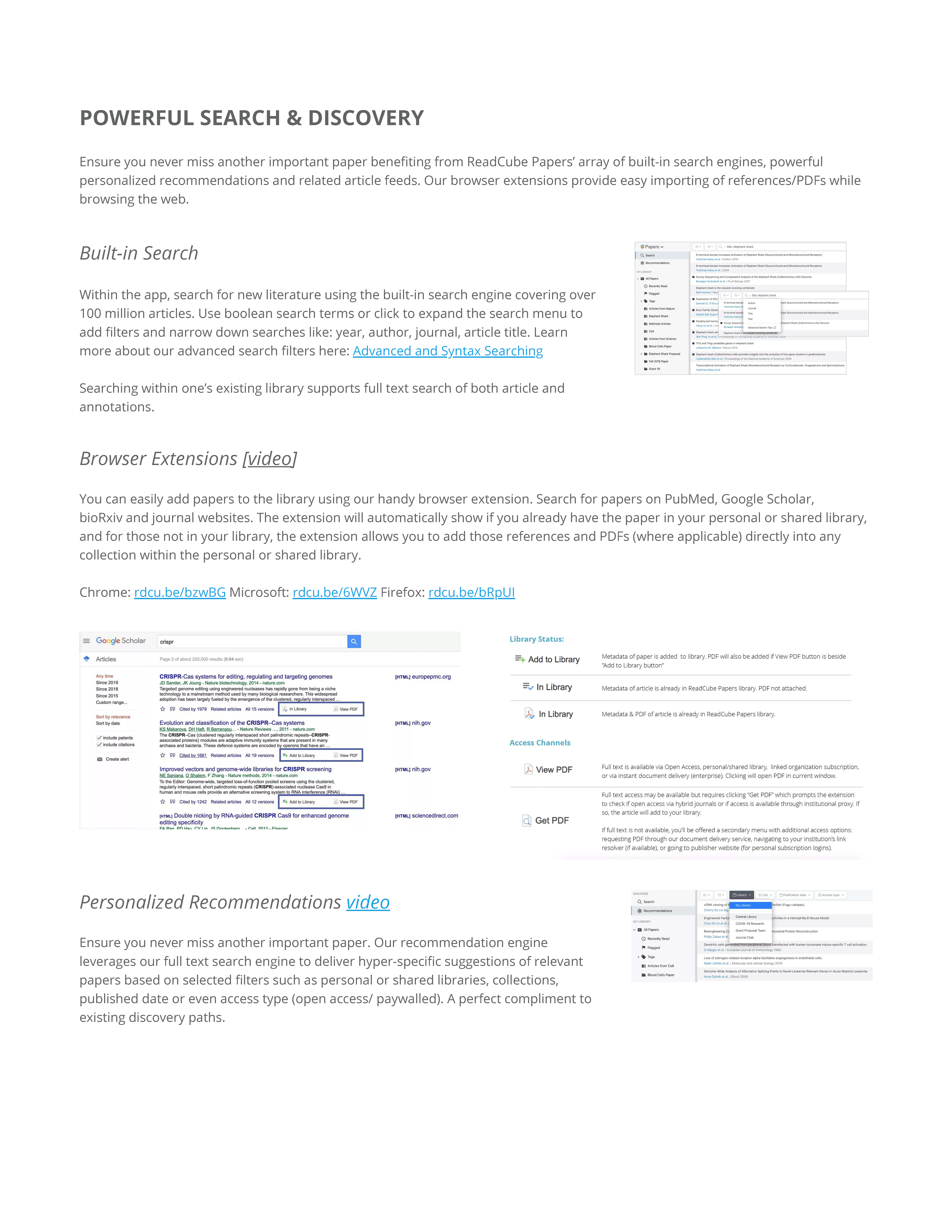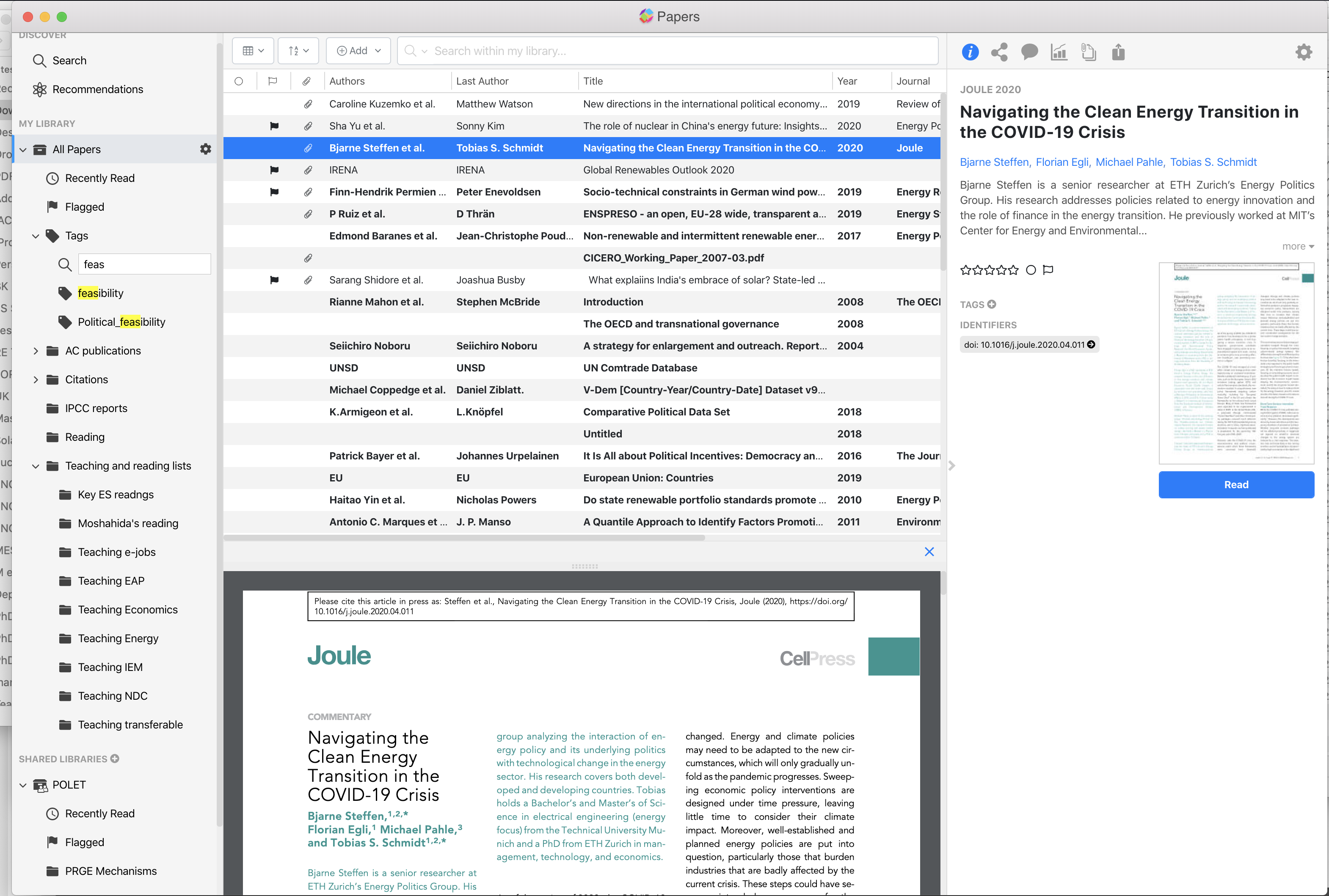


Asking how my body produces my mental experience is like asking how lightning causes thunder. When I wake up in the morning and experience myself (my mind) to exist, and then confirm in the mirror that I (my body) do indeed exist, I am simply realizing the same thing from two different observational perspectives (first-person and second-person perspectives). The brain does not produce consciousness in the sense that the liver produces bile, and physiological processes do not cause-or become or turn into-mental experiences through some curious metaphysical transformation. Formulating the relationship between the brain and the mind in causal terms makes the hard problem harder than it needs to be. The starting point of the argument I shall set out here is that the brain does not “produce” or “cause” consciousness. John Searle says something similar: “How exactly do neurobiological processes in the brain cause consciousness?” ( Searle, 2017, p.

Why should physical processing give rise to a rich inner life at all? It seems objectively unreasonable that it should, and yet it does ( Chalmers, 1995).Ī shorter statement of the problem goes like this: “How and why do neurophysiological activities produce the “experience of consciousness?” ( Chalmers, 1996, emphasis added). Why is it that when our cognitive systems engage in visual and auditory information-processing, we have visual or auditory experience: the quality of deep blue, the sensation of middle C? How can we explain why there is something it is like to entertain a mental image, or to experience an emotion? It is widely agreed that experience arises from a physical basis, but we have no good explanation of why and how it so arises. But the question of how it is that these systems are subjects of experience is perplexing. It is undeniable that some organisms are subjects of experience. The original statement of the hard problem, as formulated by David Chalmers, is put like this:

The Problem With The Hard Problem Does the Brain Produce the Mind? The fourth section briefly pursues some implications of this formulation for the cognitive neuroscience of consciousness, in relation to memory consolidation and reconsolidation.
#Readcube papers account free
The third and most important section explains the dual aspects of consciousness (its physiological and psychological manifestations) in formal mechanistic terms, in relation to the imperatives of free energy minimization. In consequence, it reconceptualizes the functional roles of the “level” vs. The second reconsiders the anatomical localization of consciousness (the so-called neural correlate of consciousness or NCC) in the cerebral cortex. The first addresses some philosophical issues pertaining to dual-aspect monism in relation to the hard problem. My argument unfolds over four sections, of unequal length. Readers with a mathematical background will benefit from a close reading of Solms and Friston (2018) in conjunction with this paper, which is aimed primarily at a psychologically educated readership. Since this is a psychoanalytic journal, I will supplement my argument with cross-references to Freud's views on these themes. I recently published a dense article on this topic ( Solms and Friston, 2018)-a sort of preliminary communication-which I would like to expand upon here, in advance of a book-length treatment to be published under the title Consciousness Itself ( Solms, in press).


 0 kommentar(er)
0 kommentar(er)
